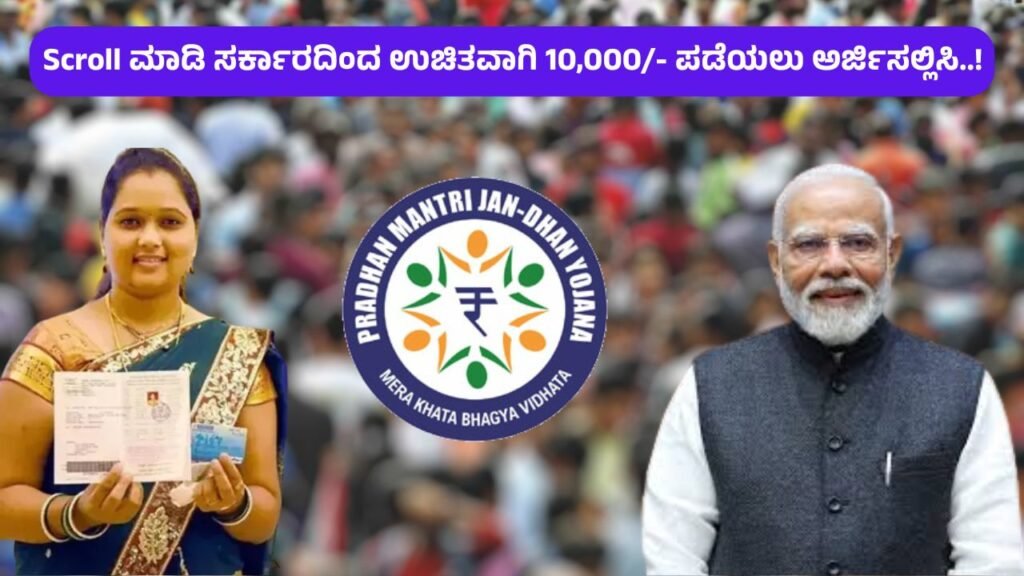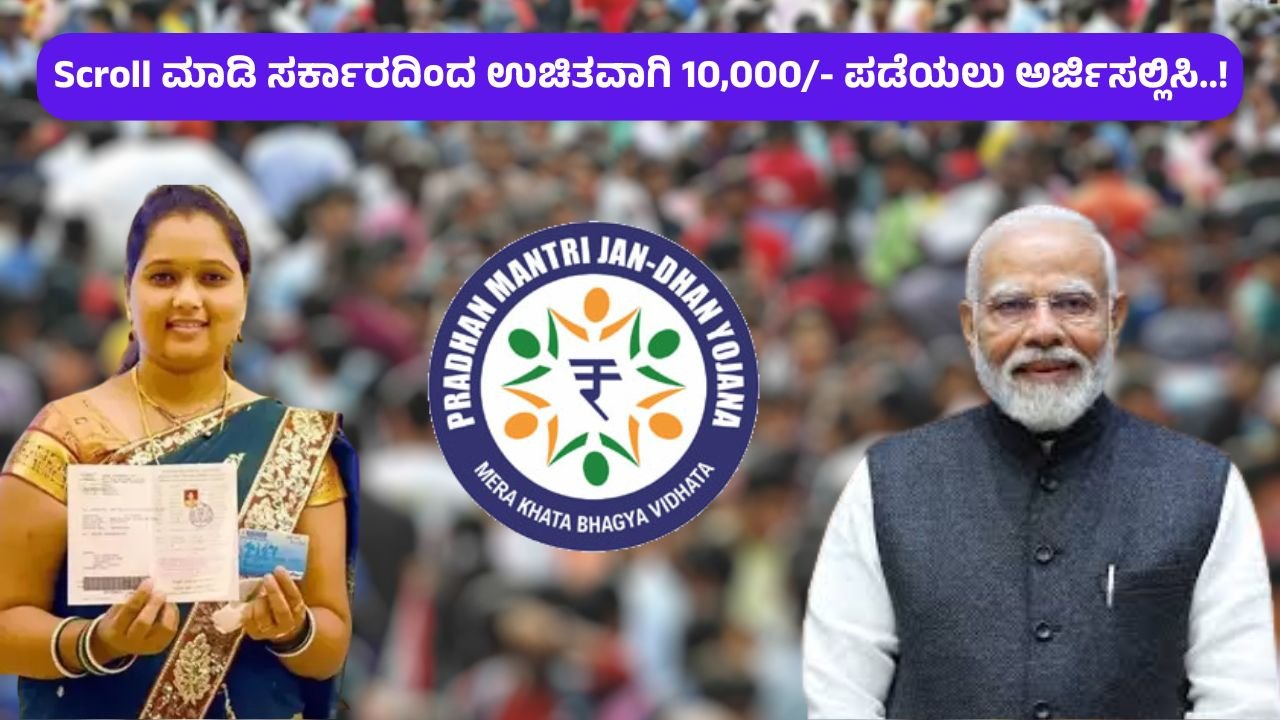Introduction:
A Zero Balance Account is a type of bank account that does not require the account holder to maintain a minimum balance. This facility, introduced to promote financial inclusion, is especially beneficial for economically weaker sections of society, students, and small wage earners. In India, the most common zero balance account is the Basic Savings Bank Deposit Account (BSBDA), which was promoted by the Reserve Bank of India (RBI) and further popularized through the Pradhan Mantri Jan Dhan Yojana (PMJDY) launched in 2014.

What is a Zero Balance Account?
A Zero Balance Account is a savings account with no minimum balance requirement. Unlike regular savings accounts that require a minimum average balance (MAB), zero balance accounts allow account holders to use the entire deposited amount without penalty. This account is designed to provide easy access to banking services to individuals who might otherwise be excluded due to financial limitations.
Key Features
- No Minimum Balance Requirement: Users can operate the account even with a balance of ₹0.
- Free ATM-cum-debit card: Most banks provide a RuPay debit card free of charge.
- Limited Transactions: Generally, 4 withdrawals per month are allowed in BSBDA accounts, after which charges may apply.
- No Frills: These are basic banking accounts without additional services like overdraft (unless linked with PMJDY).
- Internet and Mobile Banking Access: Available in many banks to promote digital inclusion.
- Interest Earnings: Just like a regular savings account, interest is earned (generally between 3%–4% annually).
- Government Benefit Transfers: Accounts are often used to transfer subsidies and welfare benefits under schemes like LPG subsidy, pension, MNREGA wages, etc.
Types of Zero Balance Accounts
- Basic Savings Bank Deposit Account (BSBDA) – Mandated by RBI for all banks to offer.
- Jan Dhan Accounts – Opened under PMJDY, offering additional features like accident insurance, overdraft facilities, and life insurance.
- Student Accounts – Offered by various banks to encourage saving habits among students with no income.
- Salary Accounts – Some banks provide zero balance salary accounts to employees of partnered organizations.
Eligibility and Documents Required
Any Indian citizen can open a zero balance account, especially under the Jan Dhan Yojana. The following documents are usually required:
- Proof of identity (Aadhaar, PAN, Voter ID, etc.)
- Proof of address
- Passport-size photographs
- In the case of PMJDY accounts, Aadhaar is often preferred for ease of linking and benefits transfer.
Benefits
- Financial Inclusion: Brings unbanked individuals into the formal banking system.
- Safe Savings: Provides a safe place to keep money instead of holding cash.
- Government Subsidies: Ensures direct benefit transfers (DBT) from various government schemes.
- Convenient Banking: Debit cards, mobile banking, and UPI access offer ease of transactions.
- No Hidden Charges: As per RBI guidelines, banks cannot impose unjustified charges.
Challenges
- Dormancy: Many accounts remain inactive after opening due to lack of usage.
- Limited Services: These accounts come with transaction caps and minimal features.
- Overcrowding in Banks: Opening a high volume of such accounts has led to operational issues in rural branches.
- Low Financial Literacy: Beneficiaries often lack understanding of digital banking tools or account features.
Role of Pradhan Mantri Jan Dhan Yojana (PMJDY)
PMJDY has been a cornerstone in promoting zero balance accounts in India. Launched on August 28, 2014, it aimed at ensuring universal access to banking facilities. As of 2025, over 50 crore Jan Dhan accounts have been opened, with over ₹2 lakh crore in deposits. These accounts have helped in effective delivery of subsidies and financial aid during crises like the COVID-19 pandemic.
Conclusion
Zero balance accounts have played a significant role in transforming India’s financial landscape. They serve as an important tool for poverty reduction, women’s empowerment, and inclusive economic growth. While challenges remain, the success of initiatives like PMJDY shows the potential of these accounts in bridging the gap between the banked and the unbanked population. With continued awareness and financial literacy campaigns, zero balance accounts can ensure that no citizen is left behind in India’s journey towards financial empowerment.
